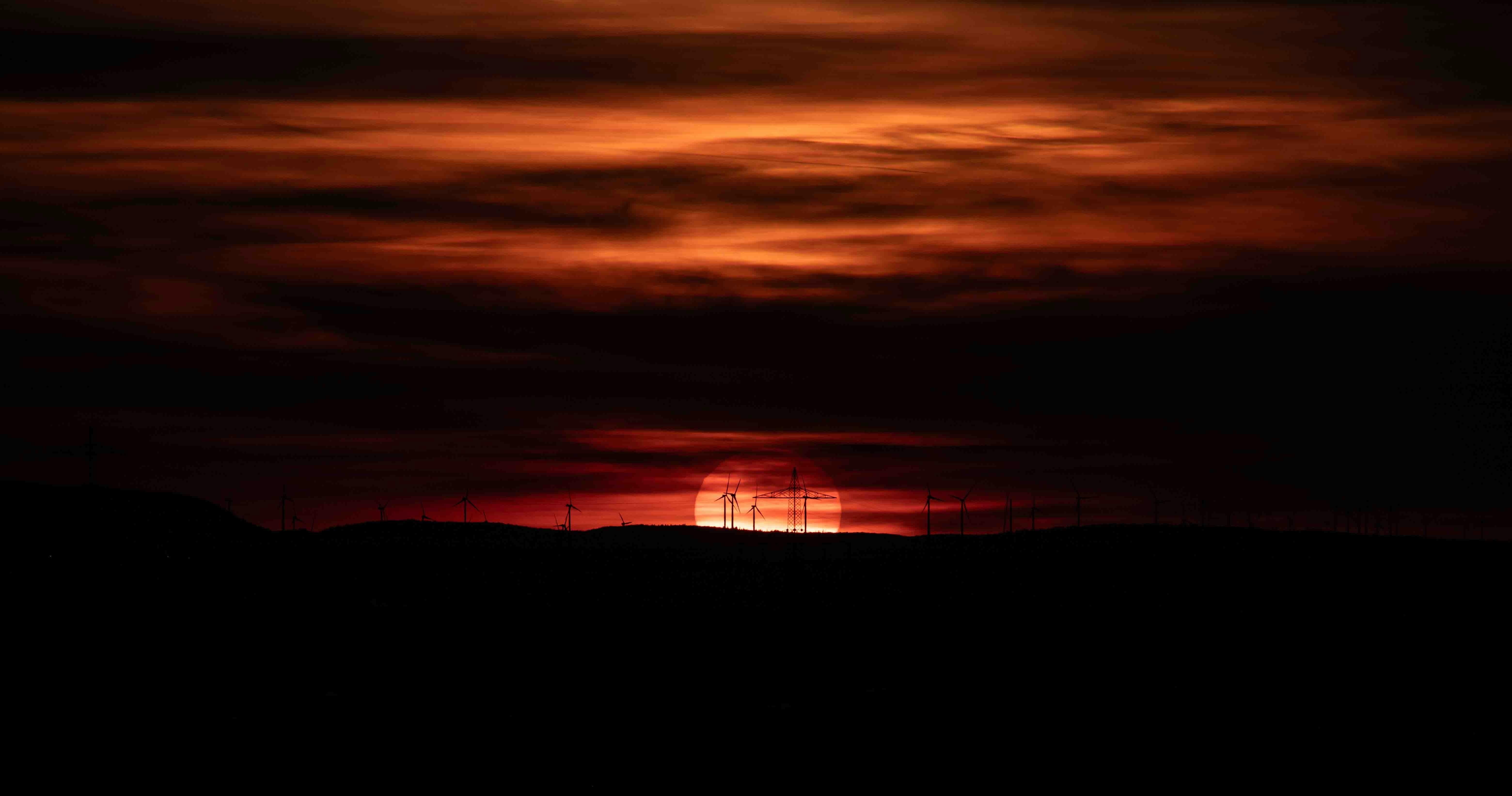In an era where technological advancements and social upheavals continually reshape the contours of human existence, the enduring relevance of classic television series is often called into question. Yet, “The Twilight Zone,” which first aired in 1959, continues to resonate with audiences, offering a compelling lens through which to examine society’s evolving fears and anxieties. Created by Rod Serling, this anthology series transcends the boundaries of science fiction and horror, tapping into the psychological and existential concerns that linger beneath the surface of modern life. By blending allegorical storytelling with incisive social commentary, “The Twilight Zone” remains a potent vehicle for exploring the complexities of human nature and the persistent uncertainties that define our world. This article delves into the reasons behind the show’s sustained impact, analyzing how its narratives reflect and illuminate the shifting landscape of societal fears.
Exploring Timeless Themes of Anxiety and Uncertainty
The Twilight Zone ingeniously delves into the human psyche, unraveling the timeless themes of anxiety and uncertainty that pervade every era. Through its compelling storytelling, the show captures the pervasive fear of the unknown, a sentiment as relevant today as it was during its original airing. Whether it’s the fear of technological advances spiraling out of control or the anxiety stemming from societal upheaval, the series offers a mirror to our deepest insecurities.
- Exploration of technology’s impact on human life, raising questions about privacy and autonomy.
- Reflection on social alienation and the isolation that often accompanies progress.
- Insight into existential dread, examining the fragility of identity and reality.
By weaving these themes into its narratives, The Twilight Zone invites viewers to confront their own fears and uncertainties, offering not only entertainment but a critical lens through which to examine the complexities of modern existence. Its enduring relevance lies in its ability to evoke introspection and challenge the status quo, making it a timeless exploration of societal concerns.

The Twilight Zones Reflection of Societal Paranoia
The iconic anthology series serves as a mirror reflecting the societal paranoia that often grips us. Each episode delves into the anxieties of its time, whether it be the fear of technological advancements, the dread of nuclear annihilation, or the anxiety of losing one’s identity in an increasingly conformist society. These stories resonate because they tap into the universal fears that transcend generations. The show’s genius lies in its ability to dramatize these fears in surreal and fantastical settings, compelling viewers to confront their own insecurities.
- Technological Anxiety: Episodes exploring AI and automation highlight the fear of technology surpassing human control.
- Cold War Fears: Nuclear apocalypse and espionage themes reflect the era’s geopolitical tensions.
- Identity and Conformity: The struggle to maintain individuality amidst societal pressure is a recurring theme.
By leveraging science fiction and fantasy, the series creates a safe space for audiences to engage with these unsettling topics. It encourages introspection and dialogue, urging society to confront its fears before they manifest into reality. This timeless examination of human nature ensures that the series remains a pertinent cultural artifact, continuing to resonate with new audiences.

Adapting Classic Narratives for Contemporary Issues
Rod Serling’s groundbreaking series, The Twilight Zone, masterfully taps into the zeitgeist of its time while remaining a timeless lens through which contemporary society can examine its own fears. The show deftly explores universal themes that persist in today’s rapidly changing world. From the fear of technological overreach to the complexities of human nature, each episode serves as a cautionary tale that transcends its original context. By addressing societal anxieties through allegory and metaphor, the series offers a unique perspective on issues that still resonate with modern audiences.
- Technology and Surveillance: As society grapples with privacy concerns and the ethical implications of AI, episodes like “The Obsolete Man” and “The Monsters Are Due on Maple Street” highlight the potential dangers of unchecked technological advancement.
- Social Conformity: The struggle between individuality and societal norms remains relevant, as seen in episodes such as “Eye of the Beholder” and “Number 12 Looks Just Like You”. These stories critique the pressure to conform, a theme that echoes in today’s debates on identity and self-expression.
- Fear of the Unknown: The existential dread of the unfamiliar continues to manifest in episodes like “To Serve Man” and “The Invaders”, where fear of the unknown leads to paranoia and misunderstanding, reflecting current global tensions and xenophobia.

Leveraging Science Fiction to Address Modern Fears
In the ever-evolving landscape of cultural anxieties, science fiction serves as a reflective medium, allowing us to explore and critique our deepest fears. The Twilight Zone, with its iconic blend of the surreal and the speculative, remains a poignant tool in examining societal issues. Through its imaginative storytelling, the series taps into universal fears, enabling audiences to confront the uncertainties of their time. The themes explored in the show—such as alien invasions, dystopian futures, and moral dilemmas—continue to resonate because they transcend their fantastical settings, speaking directly to the human condition.
- Technological Anxiety: Episodes like “The Obsolete Man” highlight fears of dehumanization in a tech-dominated world, a concern that mirrors today’s debates on AI and automation.
- Loss of Individualism: Stories such as “Number 12 Looks Just Like You” examine the erosion of personal identity, a theme still relevant in our social media-driven society.
- Fear of the Unknown: The enigmatic narratives, like “To Serve Man,” delve into the dread of the unfamiliar, a timeless fear in an increasingly globalized world.
By leveraging these narratives, The Twilight Zone remains a critical lens through which we can examine and understand modern fears, offering not just escapism but a platform for reflection and discussion.
Wrapping Up
“The Twilight Zone” endures as a pivotal cultural artifact, adept at scrutinizing the multifaceted fears that pervade society. Its narratives, while steeped in the context of the mid-20th century, continue to resonate with contemporary audiences by addressing universal themes of existential dread, societal anxieties, and moral dilemmas. The show’s ability to transcend its era and provoke critical thought is a testament to its innovative storytelling and profound insights into the human condition. As society evolves and new fears emerge, “The Twilight Zone” remains a compelling lens through which we can examine and understand our collective psyche, offering both cautionary tales and reflections on the timeless nature of human apprehension. Ultimately, its relevance lies in its capacity to mirror the complexities of societal fears, urging us to confront and question the realities of our world.
